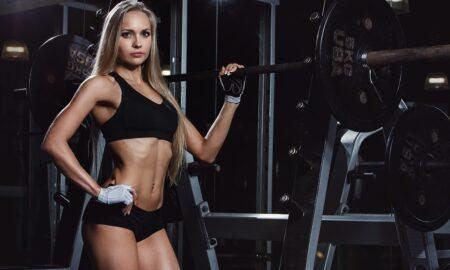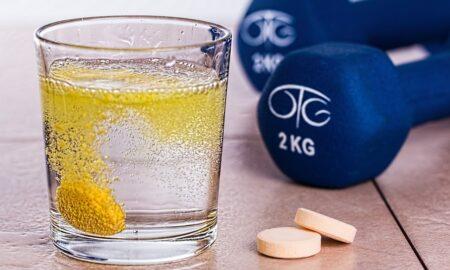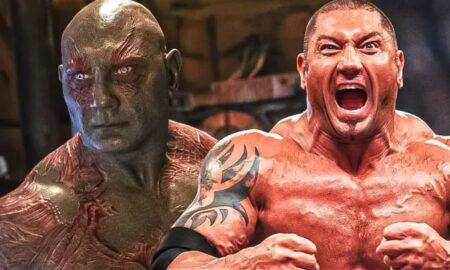Dietitians espouse a concept known as the balanced diet. It requires you to eat foods from various food groups, such as fruits and vegetables, dairy, meat and so on. You’re supposed to eat those foods in proportion to your physical activity to prevent obesity. While the balanced diet should provide all the required essential nutrients, that otherwise simple concept raises some notable problems. For one, most people simply don’t eat a balanced diet. Take the fruits-and-vegetables group. Those foods have the highest concentration of many protective nutrients, such as antioxidants. The suggested intake for fruits and vegetables is nine servings a day. Most people don’t get even half that amount. In fact, more than 70 percent of the population eats no more than a single serving of fruits and vegetables daily.
What about those who do claim to eat a balanced diet? Surely they have no need for any added nutrients. An observational study published three years ago examined that question. Researchers looked at the diets of 70 athletes and sedentary people who were actively seeking to “improve the quality of micronutrient intake from food sources alone” between 1996 and 2005. From the 70 computer-generated analyses, the diets of 10 men and 10 women, aged 24 to 50, were selected. Close analysis of the diets’ nutrient contents revealed that all 20 subjects who relied on food alone for nutrient needs had between three and 15 nutrient deficiencies. Males averaged deficiencies in 40 percent of vitamins and 54.2 percent of minerals. The women were 29 percent deficient in required vitamins and 44.2 percent deficient in essential minerals.
Such shortcomings are even more likely in typical bodybuilding diets. Fear of adding bodyfat leads many bodybuilders to restrict foods that are good sources of essential nutrients, such as fruits and vegetables. Those who don’t eat fatty fish at least three times a week are lacking essential omega-3 fatty acids. Most bodybuilders do, however, take a wide variety of essential-nutrient supplements. Published analyses of bodybuilders’ typical precontest diets point up a few nutrient deficiencies, likely the result of a severely calorie-restricted diet.
The essential aspect of the balanced-diet concept is that it doesn’t come naturally. You must be proactive about eating a wide variety of foods to get enough required and protective nutrients. The more natural, or unprocessed, the food, the greater your chance of success. If you’re not motivated to do extensive monitoring of food and nutrient intake, the judicious use of supplements not only makes perfect sense but also provides a relatively easy form of health insurance that costs far less than the real thing.
Misner, B. (2006). Food alone may not provide sufficient micronutrients for preventing deficiency. J Int Soc Sports Nutr. 3:51-55.




















You must be logged in to post a comment Login